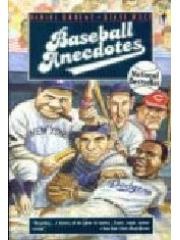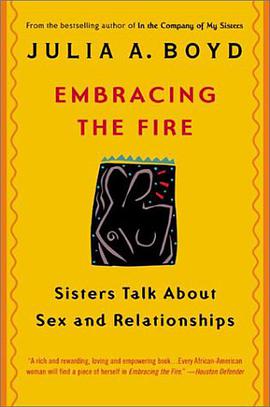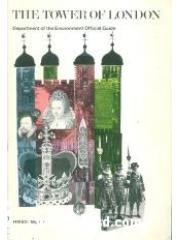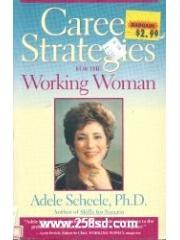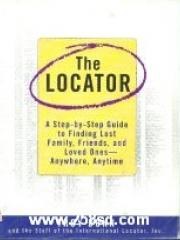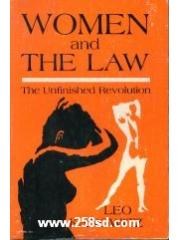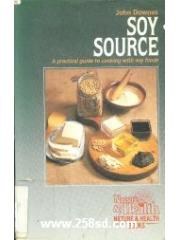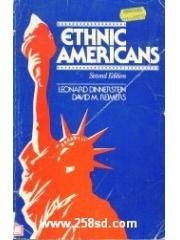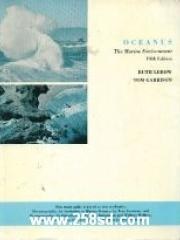

Introduction<br >This is your study guide. Treasure it; struggle cellent source for review. If you have any ques-<br >with it; use it as your personal road map to the tions about content or wish additional inforrna-<br >world of Oceanus. Following the instructions in tion, contact the faculty advisor at the campus<br >this guide will enable you to devote your time where you are enrolled. He or she is eager to<br >to absorbing course content rather than puz- help.<br >zling over what it is you are supposed to be<br >learning.<br > Whether you are a newcomer to television The Text<br >courses, or an old hand, it is important that you<br >become familiar with the components of Oceanus is keyed to two textbooks, either of<br >Oceanus, how they function with each other, which may be used with the television lessons:<br >and how they relate to you. Each of the ele- Oceanography, An Invitation to Marine Science,<br >ments in a telecourse contributes to the whole, by Tom Garrison, published by Wadsworth in<br >effectively using the style of communication 1993; or Oceanography: An Introduction, Fourth<br >peculiar to that particular medium. Edition, by Dale Ingmanson and William Wal-<br > lace, published by Wadsworth in 1989. Atext<br > is an essential part of the course, providing infor-<br >The T__ elevision Lesson marion most appropriate to the print medium. It<br > establishes a foundation of knowledge and elab-<br >The video component of Oceanus calls your at- orates on concepts introduced in the television<br >tention to key concepts and abstract ideas segments through charts, studies, research, and<br >through a variety of formats, from documentary additional photographs. The assignment sec-<br >to demonstration. The camera has the ability to tion of the study guide coordinates reading and<br >travel and observe many activities not normally review assignments with the television segment.<br >available to the classroom student. It brings You should leaf through each assignment<br >noted authorities into your home on a moment s before you begin to read~ Some text assign-<br >notice. You become an eyewitness to natural ments are fairly short, some rather long. In this<br >phenomena rarely seen in a lifetime, way you can gauge the length and detail of the<br > Using television for learning is not like reading, and pace yourself.<br >watching a comedy series or sporting event. At Your campus instructor will tell you which<br >first you will have to concentrate on active of the texts to use. Assignments will be given<br >watching. It is very easy to slip into the passive, for both books (you need not read both).<br >half-viewing stance used for entertainment<br >television. In most instances, you will have a<br >chance to review the lesson in an alternate time ~ Guide<br >period, or watch video cassettes of the lesson at<br >the learning center on campus. As the title indicates, the study guide helps you<br > If you have an audio recorder available, tape to synthesize and integrate the materials<br >the audio portion of the program as you are presented in the text and television segments.<br >viewing it. After you have watched the program Each lesson of the study guide contains the rol-<br >and can visualize it, the audio portion is an ex- lowing segments:<br >
具體描述
讀後感
用戶評價
相關圖書
本站所有內容均為互聯網搜索引擎提供的公開搜索信息,本站不存儲任何數據與內容,任何內容與數據均與本站無關,如有需要請聯繫相關搜索引擎包括但不限於百度,google,bing,sogou 等
© 2025 onlinetoolsland.com All Rights Reserved. 本本书屋 版权所有


